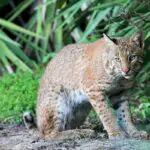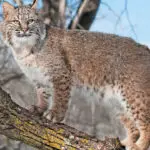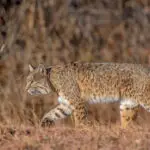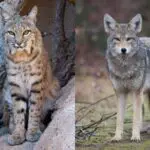For anyone who’s ever dreamed of the perfect bobcat-hunting adventure in the Sunshine State—and let’s face it, who hasn’t?—Florida is one of the best places to hunt the wily feline.
From the Emerald Coast all the way to the Everglades, Florida is home to some of the most plentiful bobcat populations in the world, as well as plenty of suitable habitat to track and hunt them.
But as with all kinds of hunting, success with bobcats takes practice, skill, and knowledge. To help you get started on your bobcat-hunting journey in Florida, we’ve assembled a comprehensive guide that offers tips and advice for successful bobcat hunting in the state.
With our help, you’ll be able to find, scout, and harvest a healthy Florida bobcat in no time.
| Topic | Information |
|---|---|
| Hunting Season | The hunting season for bobcats in Florida is from December 1 to March 1. Hunting is only allowed during daylight hours. |
| License Requirements | A hunting license is required to hunt bobcats in Florida. In addition, a quota permit is required to hunt on certain wildlife management areas. |
| Bag Limit | The bag limit for bobcats in Florida is one per person per season. |
| Hunting Methods | Hunting with dogs is legal in Florida, but the use of bait is prohibited. Hunting over freshly killed prey is also prohibited. |
| Legal Weapons | Centerfire rifles, shotguns, muzzleloading guns, handguns, and bows are all legal for taking bobcats in Florida. |
| Age and Sex Restrictions | Hunters may only take one bobcat per season, regardless of the sex or age of the animal. |
| Reporting Requirements | Hunters are required to report their bobcat harvest to the Florida Fish and Wildlife Conservation Commission within 24 hours of taking the animal. |
| Conservation Concerns | Bobcats in Florida are not considered a threatened or endangered species, but they are protected under state law. Hunters are encouraged to take only mature animals and to practice ethical hunting practices to ensure the long-term survival of the population. |
Scouting Tips for Bobcats in Florida
One of the most important aspects of successful bobcat hunting is scouting. Knowing where bobcats roam and how and when they hunt is essential for being able to effectively and safely catch your prey.
When scouting for bobcats in Florida, some of the most common areas to look include dense wooded areas such as national conservation lands, wildlife areas, swamps and bayous, and along the coast, where bobcats often hunt birds and rodents.
As you look, keep an eye out for bobcat tracks, scat, rubs, and trails, as these are all telltale signs that you may have an animal in the area. Additionally, tracking prey species such as rabbits, raccoons, and mice can help you locate potential dens.
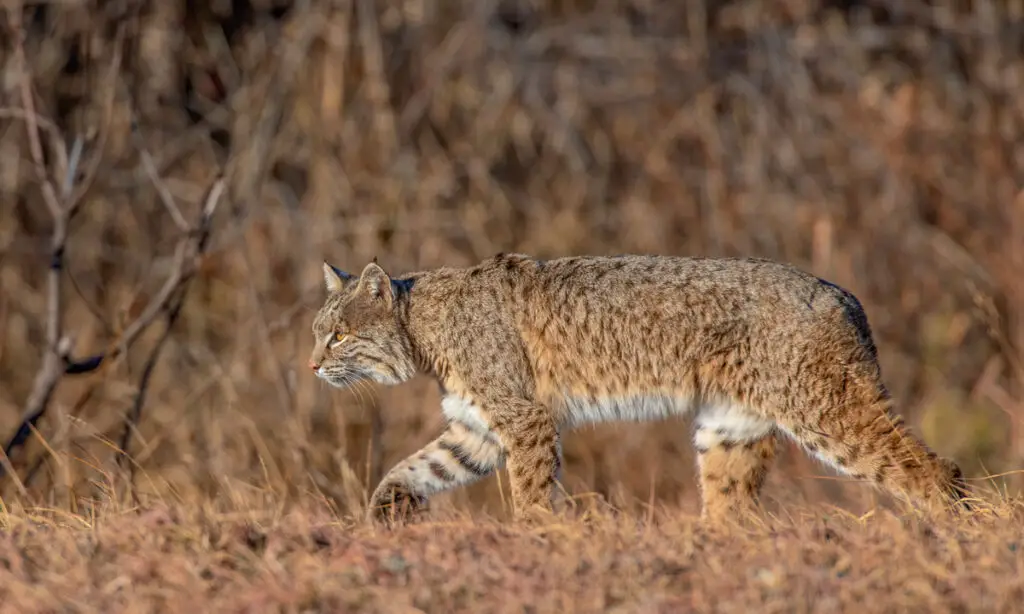
Calibers for Bobcat Hunting
If you’re going bobcat hunting in Florida, you’ll need the right weapons for the job. Fortunately, you have several options when it comes to choosing the right firearms for bobcat hunting in Florida.
The most popular type of weapon for this type of hunting is a shotgun, as its increased spread of pellets makes it ideal for taking down bobcats at close range.
Depending on the terrain and the type of hunting you plan on doing, you may also want to consider using a muzzleloader or a rifle.
Rifles are typically more accurate than shotguns, but make sure to stick with smaller calibers, as they’re more likely to take down a bobcat without destroying its pelt.
Hunting Techniques for Bobcats in Florida
When it comes to bobcat hunting in Florida, you have several different techniques to choose from.
Spot-and-stalk hunting is a popular method of bobcat hunting, and involves using a combination of woodsmanship and camouflage to get close enough to get the shot off.
For the more experienced hunter, tracking is another effective way to hunt for bobcats in Florida. By following tracks and other signs, you can trail a bobcat and hunt it from a range or with a rifle or shotgun. Other popular hunting techniques for bobcats in Florida include trapping and calling.
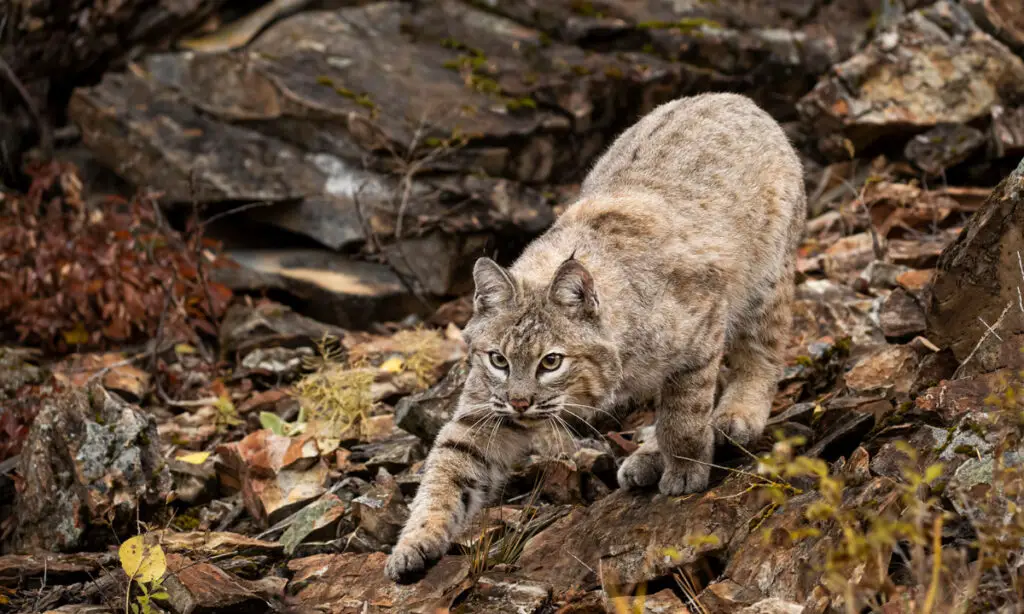
Understanding Bobcat Behavior in Florida
Although bobcats appear to be same primitive animals, they’re highly intelligent and have a complex behavioral pattern that you’ll need to be aware of as you hunt them in Florida.
Bobcats are nocturnal creatures, primarily active at dawn and dusk, so this is when you’ll find them out and about. They also move in short bouts, travelling anywhere from a few yards to several miles in a day.
Additionally, bobcats are curious by nature and can often be attracted by sounds, movements, and smells, so make sure to stay alert and pay attention to your surroundings when hunting.
For those looking for a challenging and rewarding hunting experience in Florida, bobcat hunting is hard to be beat.
FL Bobcat Hunting FAQs
Q: Can I hunt bobcats in Florida?
A: Yes, bobcat hunting is legal in Florida and is subject to certain regulations, so be sure to research the laws and regulations before you set out on a hunt.
Q: What is the best weapon for bobcat hunting?
A: The best weapons for bobcat hunting in Florida are shotguns, muzzleloaders, and rifles. Stick with smaller caliber guns to avoid damaging the fur.
Q: What is the best time of day for bobcat hunting?
A: Bobcats are primarily nocturnal creatures, so the best time to hunt them is at dawn and dusk.
Q: What is the most effective hunting technique for bobcats in Florida?
A: Spot-and-stalk and tracking are two of the most successful hunting techniques for bobcats in Florida. Make sure to use camouflage and blend into your surroundings, and always be aware of bobcats’ habit and behavior.
With a bit of preparation and the right tools and techniques, you’ll be well on your way to a successful bobcat hunt in the Sunshine State. Be sure to research the local regulations and laws before you embark on your hunt and always do your best to make sure you’re hunting safely and ethically. With a bit of practice, you’ll be able to scout, track, and hunt your way to a healthy Florida bobcat in no time.
- Bengal Cat vs Wild Bengal Tiger: Complete Comparison 2025 - October 31, 2025
- Complete Wild Cat Spotting Guide for Hikers 2025 - October 31, 2025
- Lynx vs Bobcat: Complete Field Identification Guide 2025 - October 30, 2025



